Is Namibia’s NDP6 a break from the past or another ambitious wish list?

Continued from last edition (01/08/2025)….
Namibia’s unresolved land issue remains a flashpoint of economic exclusion and social frustration. Since independence, the government has followed a “willing buyer, willing seller” model, redistributing only a fraction of commercial farmland to formerly disadvantaged Namibians. Resettlement farms often lack infrastructure, water, and proper extension support, leading to low productivity.
While NDP6 does not introduce radical shifts in land reform policy, it does emphasize “rural infrastructure investment and inclusive agricultural growth”.
Regional consultations revealed community demands for processing plants, roads, and input support, which, if delivered, could enhance land value and livelihoods. However, the absence of a bold, redistributive land strategy signals continued caution in addressing this long-standing structural inequality.
There are both reasons for optimism and caution. On the one hand, NDP6 benefits from sharper focus, a more pragmatic tone, and improved stakeholder consultation. The potential windfall from Namibia’s green hydrogen and oil discoveries offers a genuine opportunity to stimulate industrial development, create jobs, and reduce the country’s dependence on imported energy and manufactured goods.
On the other hand, major structural challenges remain.
Namibia still suffers from one of the highest inequality rates globally. Nearly half of the population lives in poverty, and the informal sector dominates employment, with limited productivity. Education outcomes remain poor, the business climate is sluggish, and fiscal space is narrowing under growing public debt. Unless NDP6 is accompanied by serious efforts to improve public service delivery, cut corruption, and build state capacity, it could fall into the same pattern of under delivery.
Namibia’s NDP6 arrives at a defining moment in the country’s development journey. As the final leg before Vision 2030, it has the potential to set a new standard for results-based, inclusive, and transformative planning. The new administration, led by President Nandi-Ndaitwah, has made the right symbolic and policy gestures. Now comes the hard part: turning plans into action.
Namibia can become industrious. It has the resources, the human capital, and increasingly, the geopolitical interest to leapfrog into a green and diversified economy.
But ambition must be matched by discipline, political will, transparency, and above all, continuity.
The true measure of NDP6 will not be in its pages, but in its delivery.
Sakaria Johannes is a political science and history graduate from the University of Namibia. He can be reached at sackyuutsi@gmail.com
- 84 views


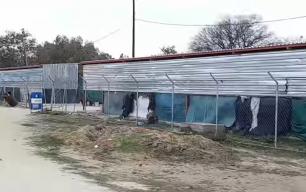
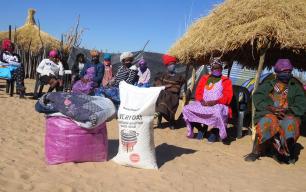
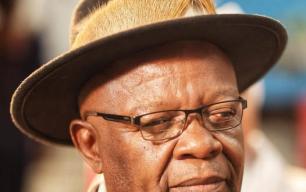
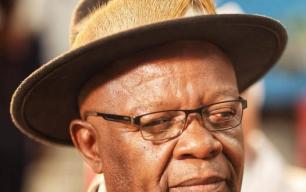



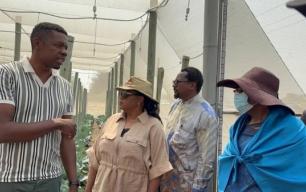
Comments